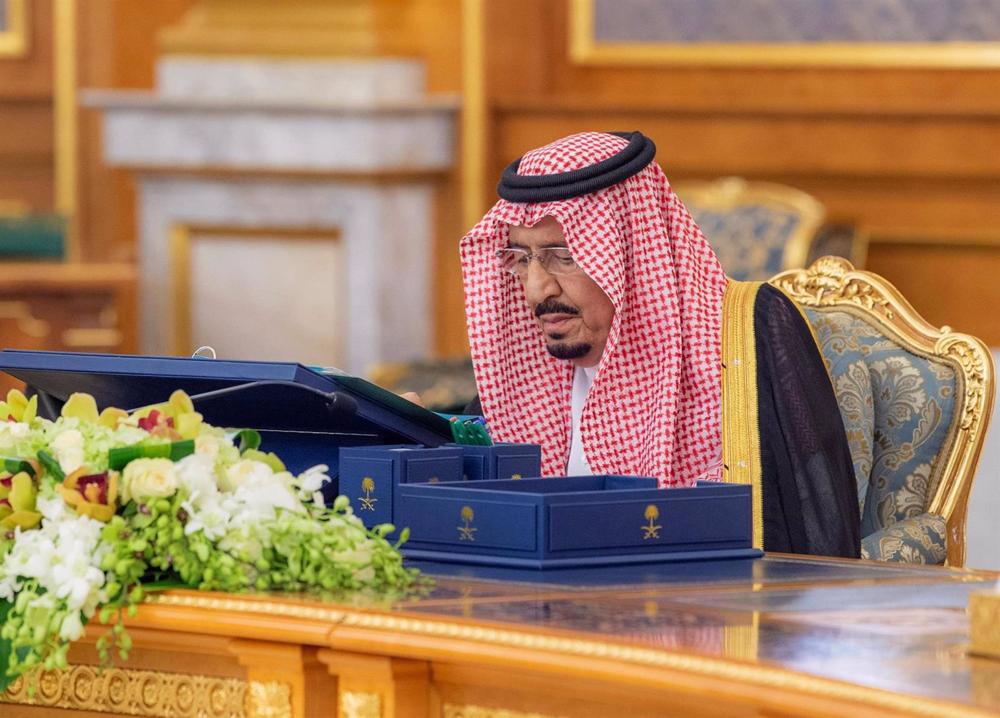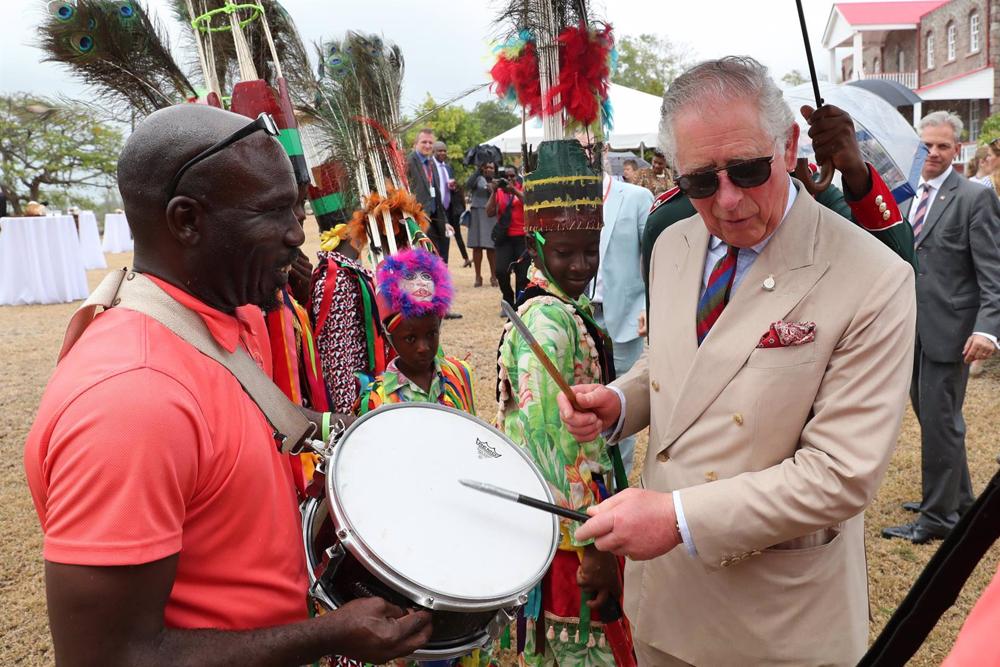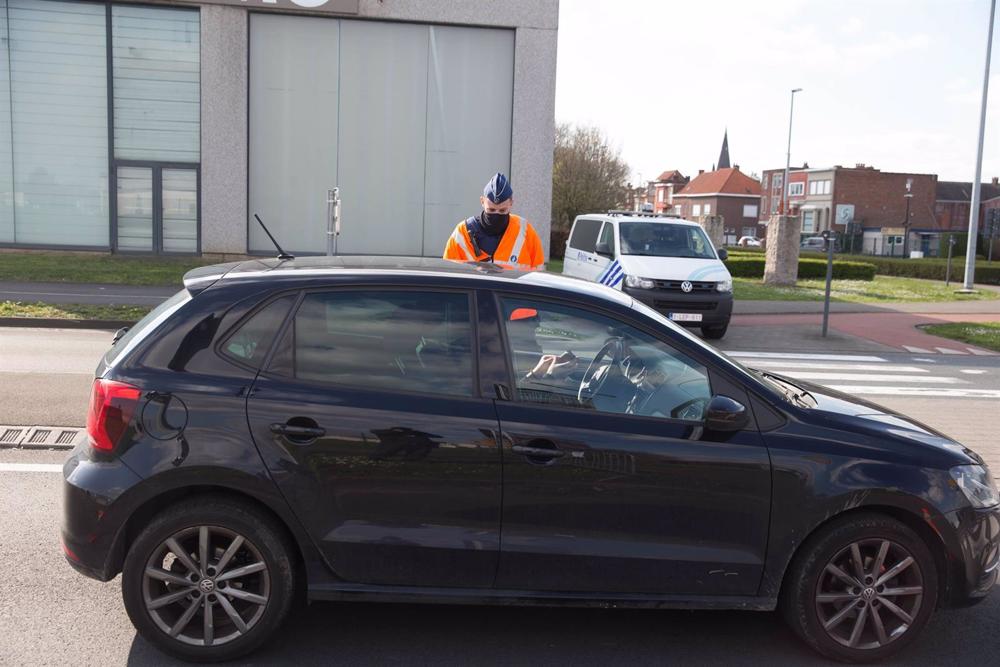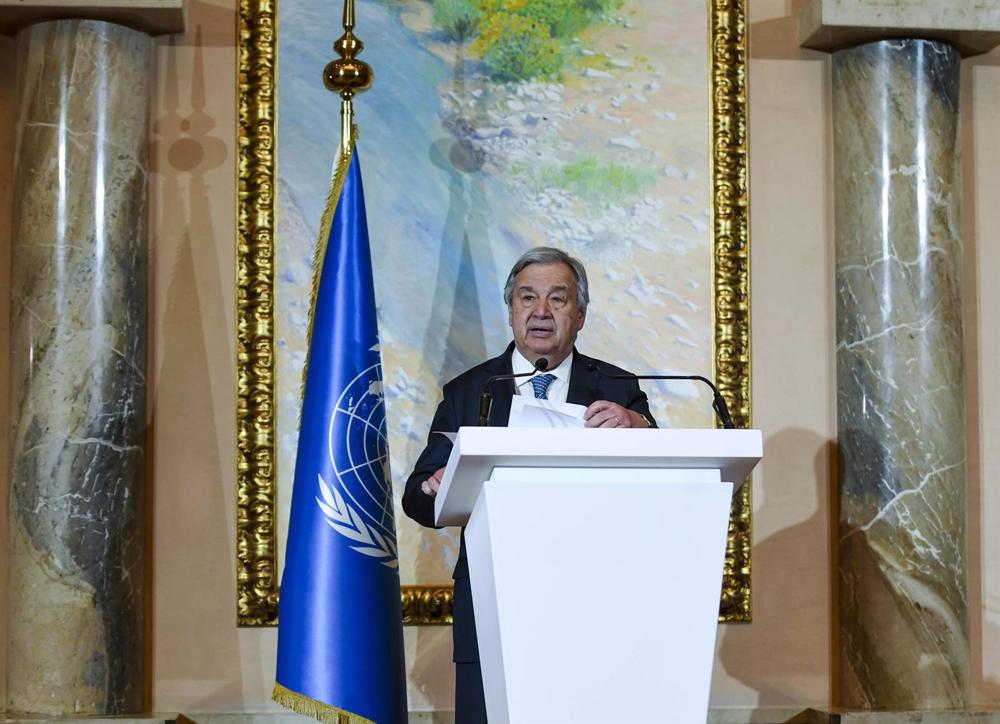
The United Nations criticized Tuesday that Saudi Arabian authorities have carried out executions on an «almost daily basis» for the past two weeks, following an unofficial 21-month moratorium on capital punishment in the country.
«Since November 10, 17 men have been executed for what are described as drug and smuggling offenses, with three executions on Monday,» said UN High Commissioner for Human Rights spokeswoman Liz Throssell.
She stressed that «the resumption of executions for drug offenses in Saudi Arabia is a deeply regrettable step, especially coming days after a large majority of states at the UN General Assembly called for a global moratorium on capital punishment.
«Since executions are only confirmed once they take place in Saudi Arabia, we do not have any information on how many people are on death row,» he said, although he pointed to reports that a Jordanian was «at risk of imminent execution».
Throssell stressed that the case of this man, Husein abu al-Jeir, was taken up by the Working Group on Arbitrary Detention, which determined that his arrest was arbitrary «in the absence of a legal basis» and in the face of «serious concerns about his right to a fair trial».
«We call on the Saudi government to halt the imminent execution of Al Jeir and to comply with the working group’s opinion and withdraw his death sentence, release him immediately and unconditionally, and ensure that he receives medical care, compensation and other reparations,» it has argued.
Finally, it reiterated that «imposing the death penalty for drug offenses is incompatible with international norms and standards» and called on Riyadh to «adopt a formal moratorium on executions for drug offenses, to commute death sentences for drug offenses and to guarantee the right to a fair trial for all defendants, including those charged with these offenses, in line with its international obligations».






